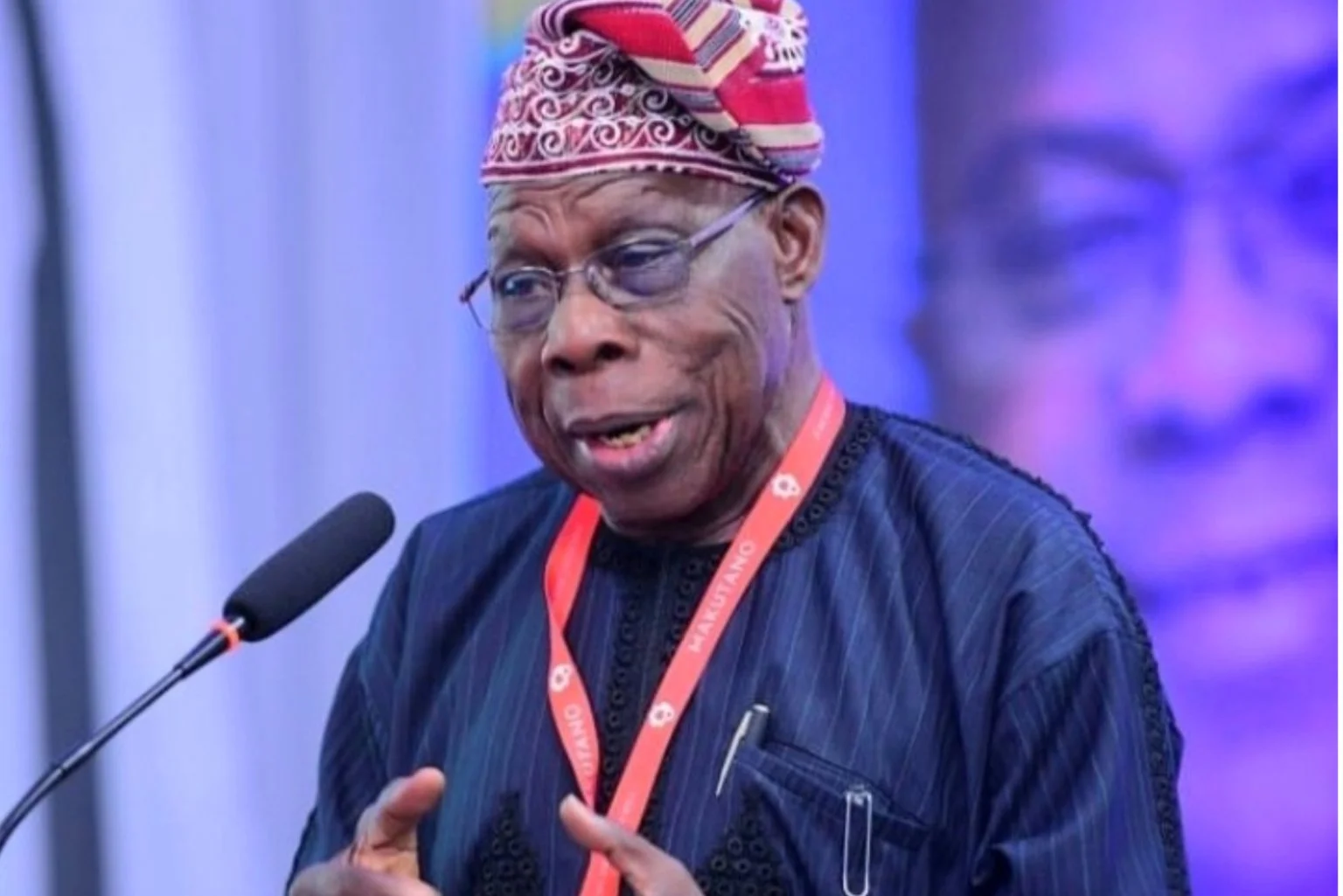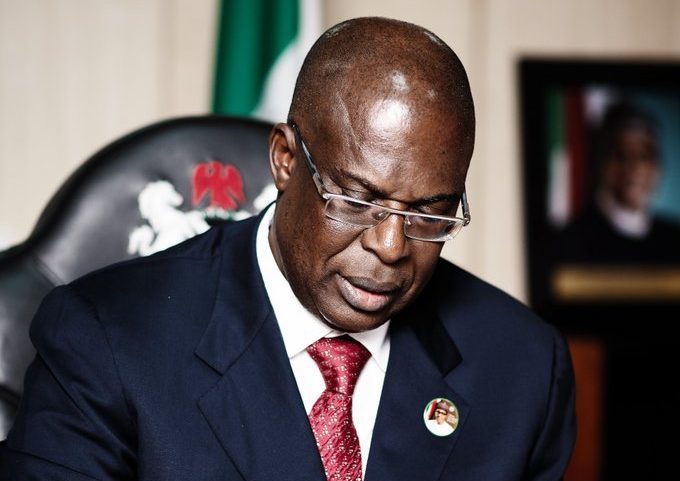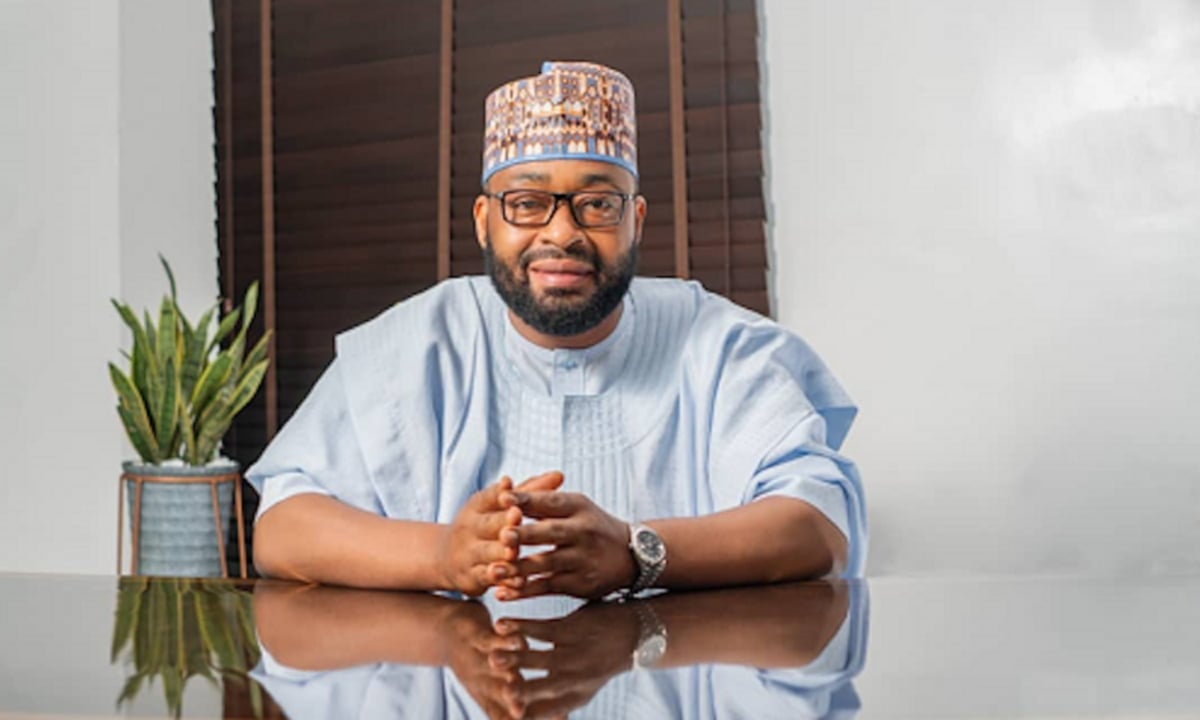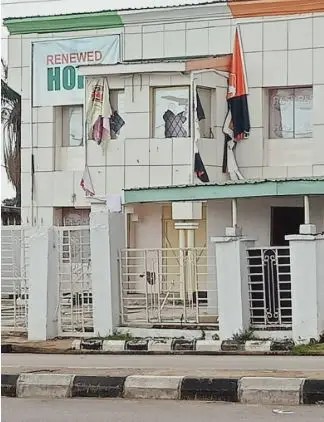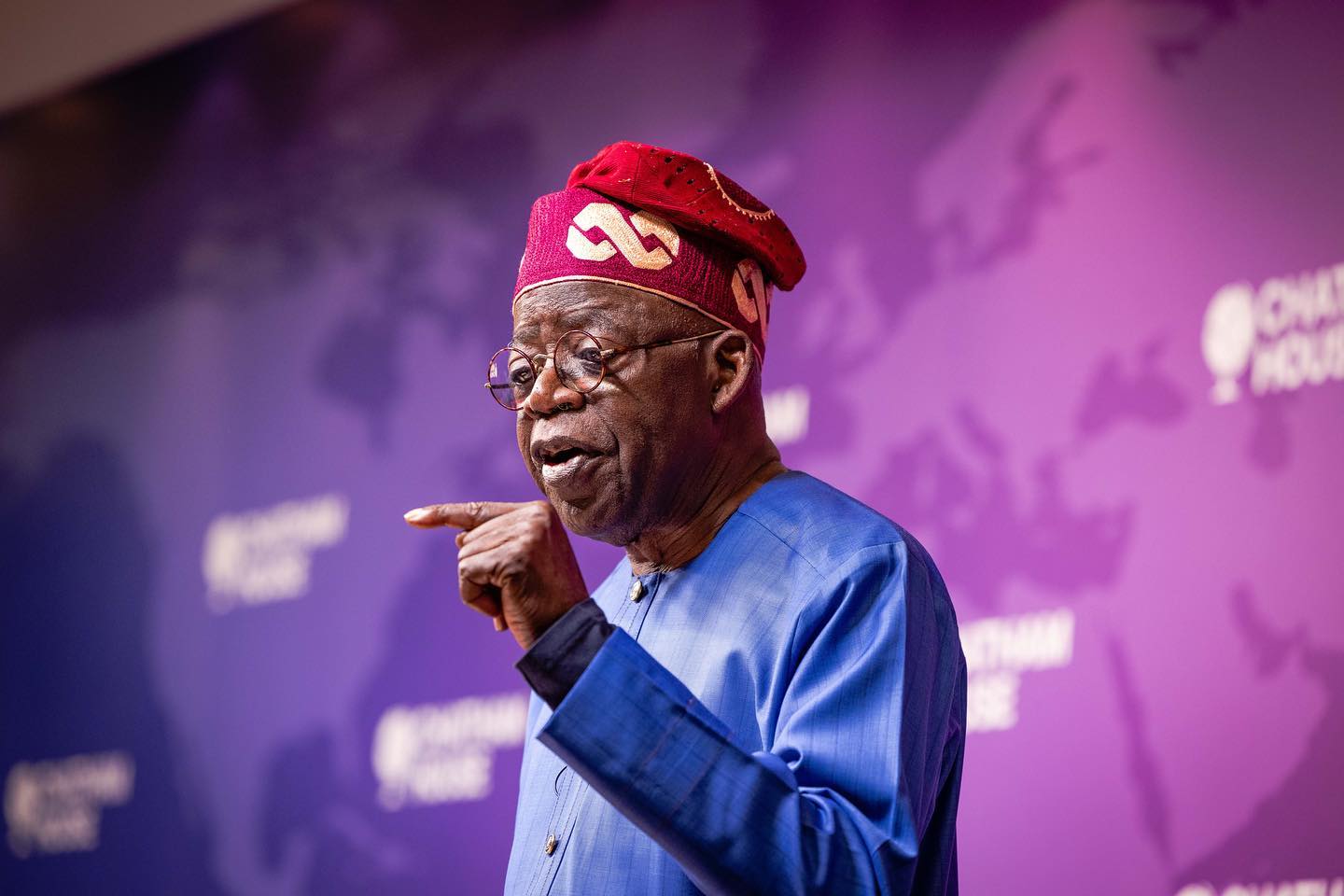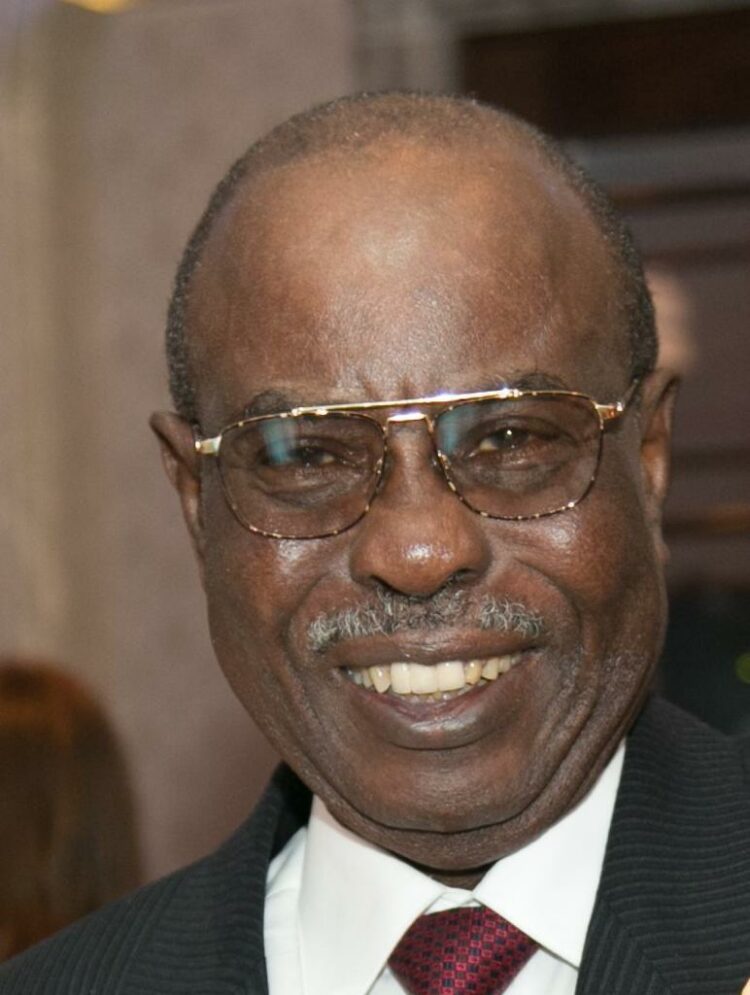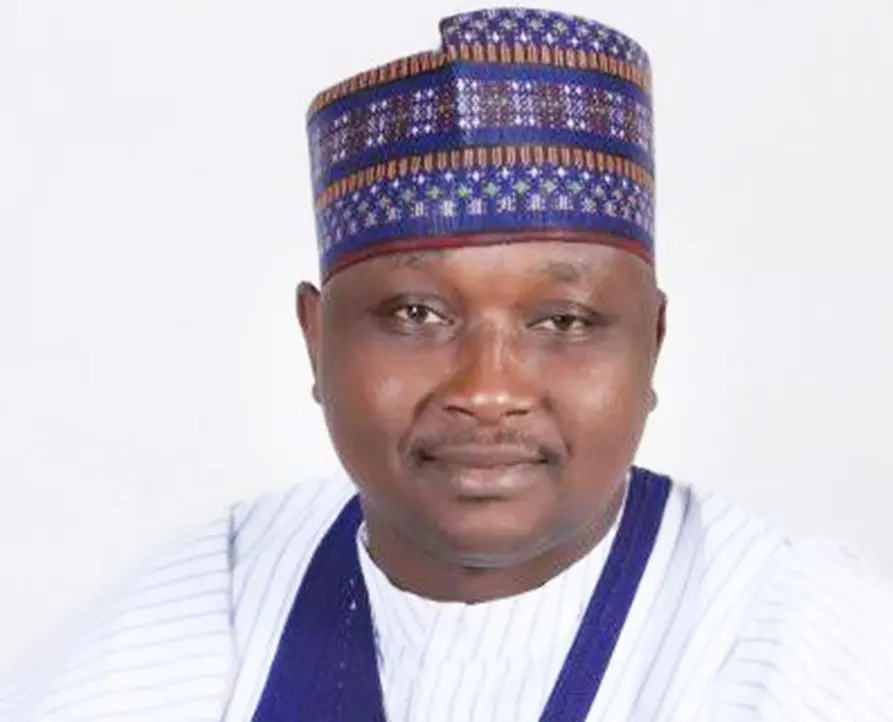Human rights lawyer, Mr. Femi Falana, SAN, said on Monday that he knew a former governor in one of the South-West states who had a killer squad that helped him to eliminate his political opponents.
Falana, who spoke at the University of Ibadan, said the former governor’s killer squad was headed by a police officer, who was the Chief Security Officer to the then-governor.
He said one of those killed by the killer squad was “a World Bank expert,” but he did not name the former governor in question.
Falana said one of the arguments against the creation of state police was that governors would use them to hunt their political opponents.
He, however, maintained that state police remained the solution to Nigeria’s insecurity problem.
He suggested how state police should be structured to insulate them against abuse by state governors.
A statement on Monday said Falana delivered the maiden Memorial Public Lecture in honour of late Prof. Olumuyiwa Awe at the Trechard Hall, UI.
He said, “Many citizens are opposed to the creation of state police for the fear that it may be used to haunt political opponents of some state governors. I know a state governor in the South-West who once had a killer squad headed by his Chief Security Officer, a police officer.
Read Also: Use Of Private Jet By Buhari’s Daughter Illegal – Falana
“One of the unarmed citizens mowed down by the illegal squad was a World Bank expert. All efforts to prosecute the suspects, who were indicted in several killings of unarmed citizens by the squad, have been frustrated by the state government. The story is the same in a few other states in the country. To that extent the fear of the possible manipulation of state police is genuine.
“To avoid a situation whereby abuse of police powers is decentralised any security service established by state governments should be democratically controlled. The service will be founded by the state governments and superintended by an independent state police council of five members. The members of the council should be accredited representatives of the state government, labour, women, youths and the business community.
“The service will police the state and see to the enforcement of all the laws enacted by the House of Assembly. The success of the civilian Joint Task Force in the counter-insurgency operations in Borno State has proved that the best way to police a country is to recruit, train and equip young men and women to operate in their own communities.
“The colonial practice of posting police personnel to operate outside their states of regions was meant to suppress and intimidate colonial subjects by strangers. It is a practice which has become counter-productive in a post-colonial state. Every police officer should operate in their community, speak the local language and mix freely with the people.”
NAN


